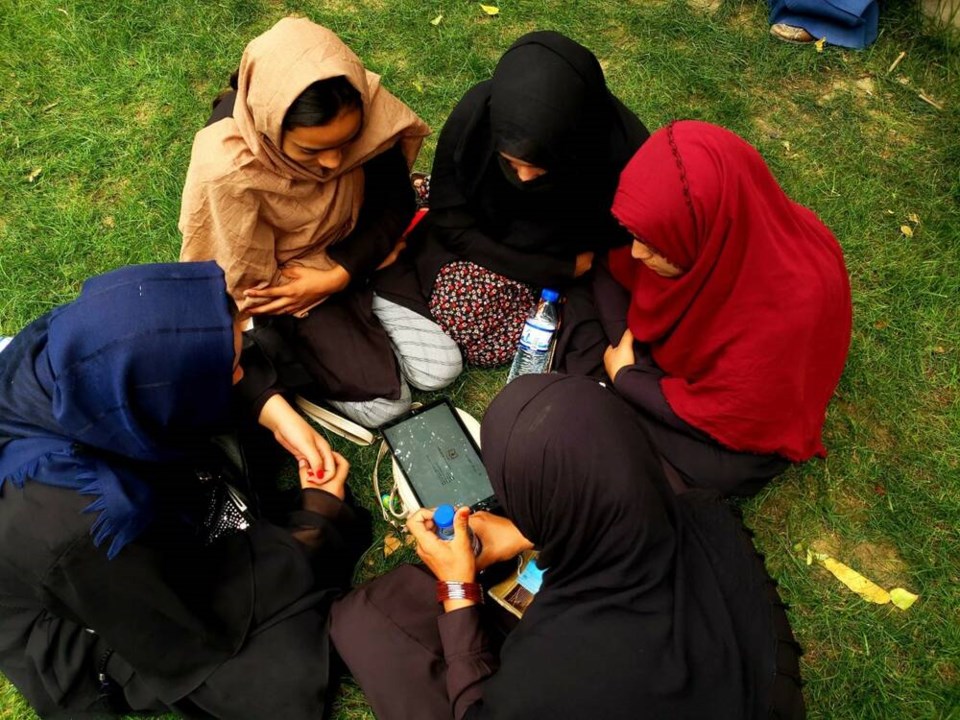A non-profit charity is calling on universities across Canada to step up and help restore Afghan women’s access to education.
Canadian Women for Women in Afghanistan (CW4WAfghan), a non-profit organization dedicated to supporting human rights and opportunities for girls and women, has launched a toolkit with practical recommendations for higher education facilities.
“We know Canadian education institutions and leaders want to help, and that they have programs and resources that could benefit women in Afghanistan who have just been shut out of their education,” said Lauryn Oates, CW4WAfghan’s executive director, adding that she will “play matchmaker” between the women and the participating universities and colleges.
In December, the Taliban government abruptly banned women from accessing higher education in Afghanistan, the latest in a series of harsh restrictions on women’s rights and freedoms. Just days later, it was announced that women could no longer work in non-governmental organizations, one of the few remaining areas where women still had access to employment.
“It was a huge blow to women’s capacity to learn, when there are already very, very few opportunities to do that,” said Oates, who grew up in Horseshoe Bay and currently lives in North Vancouver.
“Some of these women are halfway through their education, some had just started, and some were literally days away from graduating and receiving their degrees, when their education just stopped suddenly.”
The campaign calls for universities to enable virtual enrolment for women within Afghanistan, and aid financially, whether via the removal of application fees, or the development of specific scholarships or grants.
It also encourages education facilities to accept transfer students, allowing Afghan women who are part way through a degree to transfer their credits and have prior learning recognized, instead of forcing them to start from the beginning.
“Canada is full of universities and colleges that have exactly what Afghan women need right now, which is higher education. We just wanted to connect the women who need access to higher education to those who can offer it,” she said.
Oates said since the toolkit was launched Jan. 24, on the International Day of Education, CW4WAfghan has been inundated with requests from universities around the country looking to bolster their education offerings.
The first to collaborate on a program was the University of the Fraser Valley in British Columbia.
The public university, which has campuses in Abbotsford, Chilliwack, Mission and Hope, has opened all of its programs to international students, and has created specialized funding designed for international students who have been affected by crises or catastrophes in their home country, said Oates.
“There are also no deadlines and applications are considered on a rolling basis, so this is a great example, because those are the kinds of flexible programs that are needed,” she said.
“There’s some momentum starting, and we’re really hopeful that it’s going to make a meaningful difference to women who need to continue their education.”
Mina Kerr-Lazenby is the North Shore News’ Indigenous and civic affairs reporter. This reporting beat is made possible by the .




